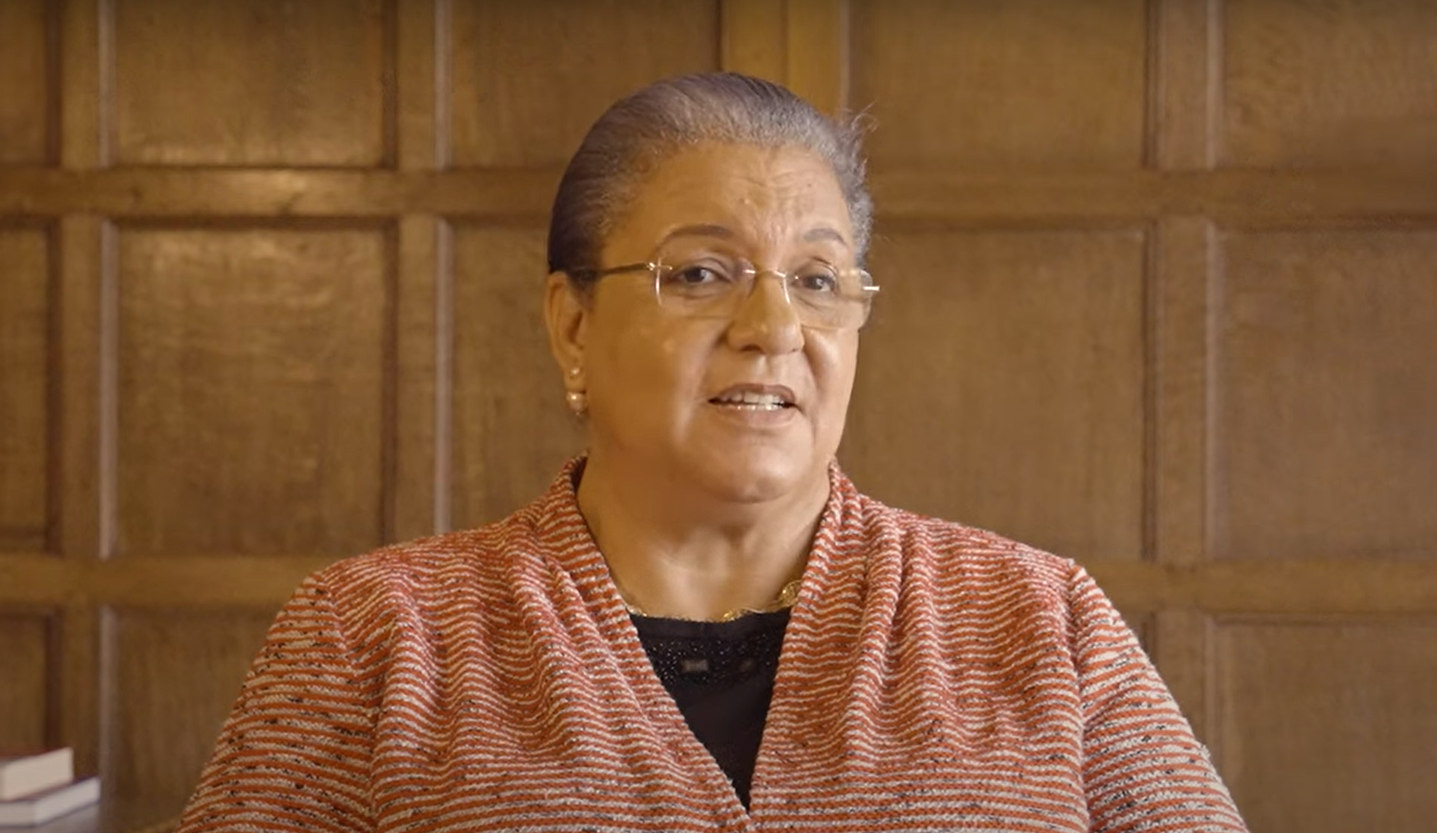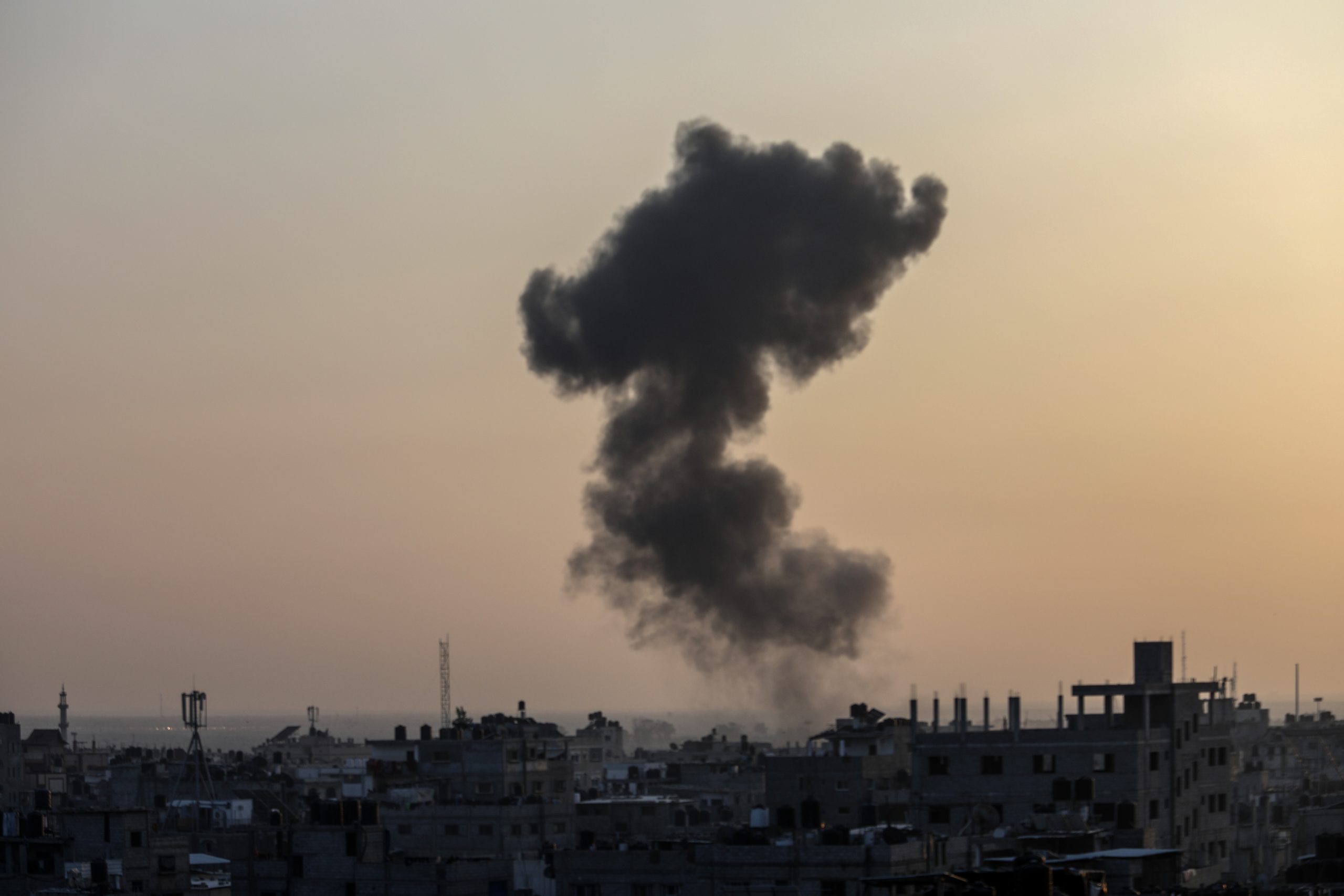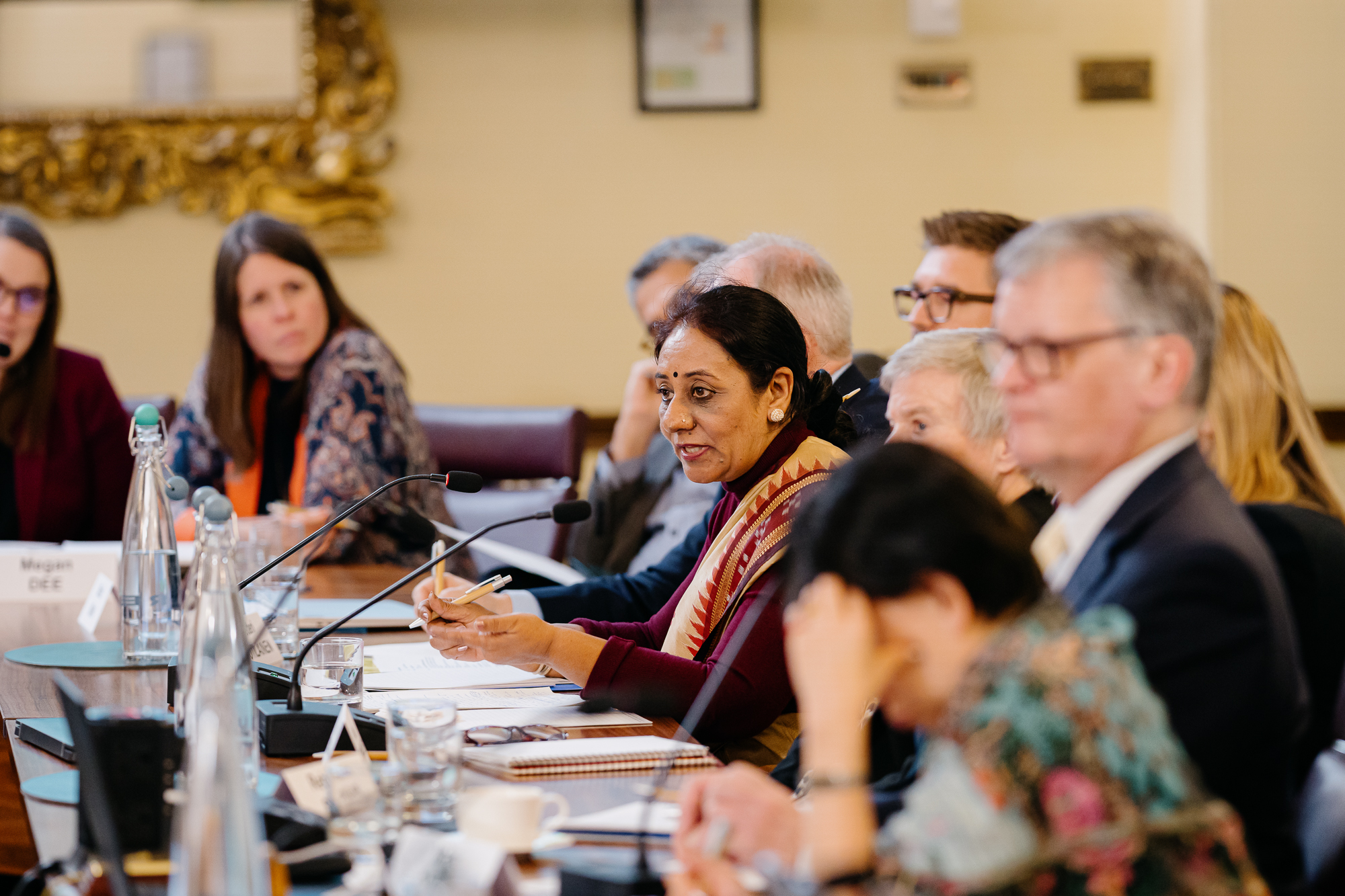In association with the Defense Threat Reduction Agency.
Various negotiating blocs or political groupings, both formal and informal, operate within the broader nuclear non-proliferation regime of which the Nuclear Non-Proliferation Treaty (NPT) Review Process is one core aspect. The Non-Aligned Movement (NAM) is one of the prominent groupings in multilateral diplomacy, with a significant role in the NPT Review Process. Comprised of the developing states, the NAM represents an important posture and often raises issues highlighting the gap between developing and developed states.
In attempts to facilitate bridging this North-South divide, the conference objectives were to assess the role of bloc politics in the nuclear non-proliferation regime and the prospects for better and more coordinated policy between developed and developing states. The conference addressed past NPT review cycles in order to learn from successful cases of collaboration and cooperation between developed and developing states in the nuclear non-proliferation regime. Similarly, the conference looked ahead to the upcoming 2015 NPT review cycle and other related events in the broader nuclear non-proliferation regime in attempts to identify trends and prospects for success.
In attempts to facilitate bridging this perceived North-South divide, the conference assessed the role of bloc politics in the nuclear non-proliferation regime and the prospects for better and more coordinated policy between developed and developing states. In doing so, the misperception of a simplistic North-South divide was readily exposed, highlighting the various complex groupings, sub-groupings, and cross-grouping dynamics that operate in the nuclear non-proliferation regime. The NAM itself was determined to be a non-unified entity.
The conference also addressed past NPT review cycles and the experiences of the CBW regimes in order to learn from successful cases of collaboration and cooperation between groupings in the wider non-proliferation regime. Similarly, the conference looked ahead to the upcoming 2015 NPT review cycle and other events in the broader nuclear non-proliferation regime, such as the 2012 Middle East WMDFZ conference and the 2012 Seoul Nuclear Summit, in attempts to identify potential challenges to, but more importantly, trends and prospects for success in, grouping collaboration.












